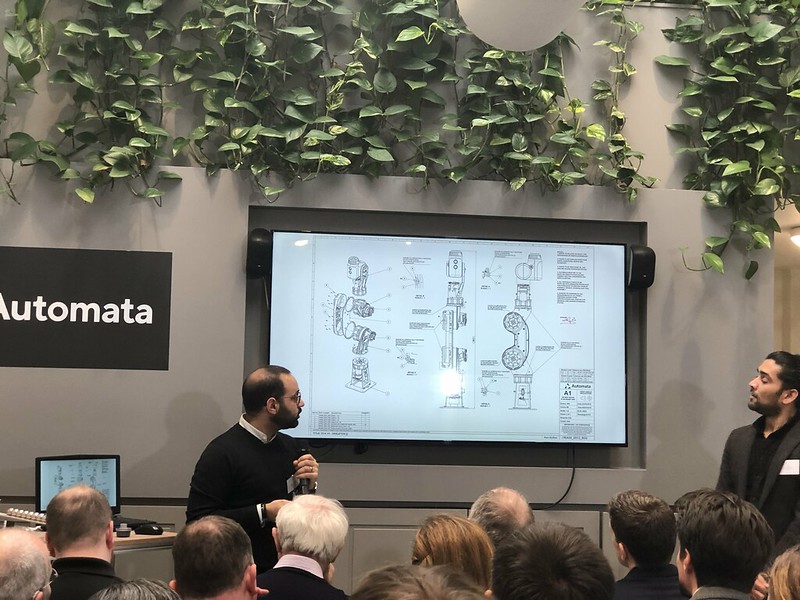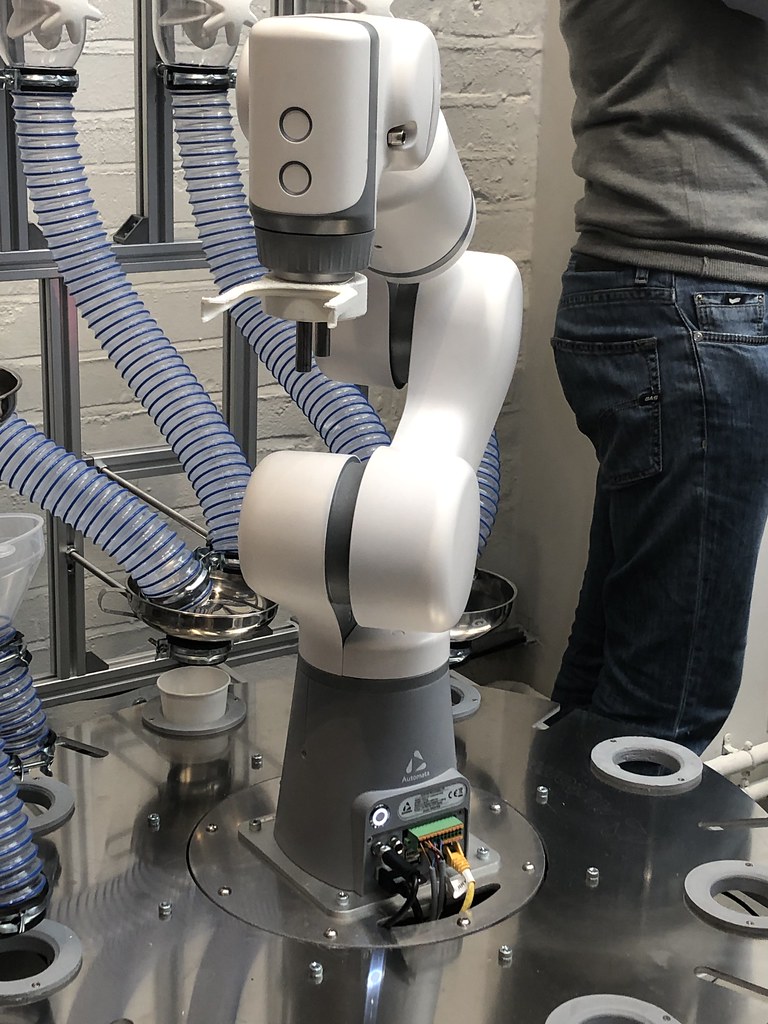Beauty trends is a bit tricky – there are generational and cultural aspects to beauty and standards. I’ve tried to tease out elements that will ripple around the world.
Digital Beauty
Chinese women use Meitu and other beauty apps to present the best versions of themselves with a virtual makeover. This goes from skin quality, skin tone and make-up to a full virtual plastic surgery style makeover.
Meitu has 63 apps and 2 mobile websites as it expands internationally.
Meitu has collaborated with over 100 make-up brands including L’Oreal, Guerlain, Lancôme, Estée Lauder, and Shiseido.
Meitu is only the tip of the spear. Smartphone manufacturer Huawei has provided a simple beauty mode in its default camera app. Chinese video streaming software provides a similar functionality for performers. Even Skype had trialed a digital make-up service in association with Shiseido.
Authenticity
There is a tension between the trends in authenticity and some of the developments that we’ve seen in beauty.
On the one hand there are the clean and effortless beauty movements that taped into a wider consumer trend around natural.
On the other hand you have the Korean ten-step beauty process popularised over the last decade and digital beauty apps – particularly from China and Korea.
In the case of digital beauty and instagram filters critics claim that a new form of dysmorphia seems to be emerging. Its the difference between what they see in the mirror and on their smartphones.
That dysmorphia is one of the things that has driven a move towards authenticity. In the West, wider moves around everything from trans rights to the body positive movement has redefined what make-up does.
Punk
Whilst most people think of punk and associate it with tourists taking pictures in Camden, the Sex Pistols and Vivienne Westwood. But the biggest impact of punk was the rise of independent media from fanzines to record labels. We’re seeing a similar DIY approach in the beauty industry. Big beauty companies are being challenged by independent companies with a narrow or even singular product focus. There are a number of perceived advantages to these independent brands:
- Perception that niche brands spend less on advertising and more on research and development; these products can be considered more specialised and effective
- Niche beauty brands can have greater social currency in terms of being an element of self expression and part of friend-to-friend recommendations
In China, you see a greater interest in these independent niche brands from men than female consumers.
Diversity
Traditionally make-up has been an additive process to conceal and cover up blemishes, flaws and signs of ageing. Modern make up is about celebrating quirks and even flaws. This goes beyond beauty spots to female baldness and skin conditions. Effortless make-up is often an artfully constructed look where the person rolled straight out of bed.
Beauty from the inside
Beauty from the inside has a mix of socio-cultural aspects to it. In China it includes focusing on quality sleep to reflect in beauty regimes. The key thing for most brands is the ingestion of ingredients. Where are the lines drawn between make-up and the health-like claims of functional foods? Could we see licensed pharmaceutical products as cosmetic aids like currently happens in China? Here’s that the Hong Kong Trade and Development had to say about ‘cosmeceuticals’ in their report on China’s Cosmetics Market:
Cosmeceuticals, especially Chinese herbal cosmetics, are opening up a new territory in the cosmetics market. It is understood that more than 170 enterprises have tapped into China’s cosmeceuticals market to date, many of them renowned pharmaceutical companies in China, such as Tongrentang and Yunnan Baiyao. Cosmeceuticals only have a market share of about 20% in the mainland at present. In Europe, the US and Japan, cosmeceuticals have a 50-60% share. It is believed that China’s cosmeceuticals market has much room for development. As young consumers begin to concern themselves with the ingredients and quality of products, consumption of cosmeceuticals tends to start at increasingly early ages. While cosmeceuticals have medical properties, they are classified as cosmetics since there is still no official definition for the term ‘cosmeceuticals’ on the mainland.
China’s Cosmetics Market – HKTDC Research
Natural
Natural has affected the food industry and this has extended to beauty trends Younger consumers are interested in products that don’t contain ingredients that sound synthetic. The lack of artificial ingredients a key selling point. Instead they expect natural and botanical ingredients.
A natural output of this trend has been a rise in home manufactured cosmetics supported by an eco-system of how-to videos on YouTube.
Ageing
The population of the developed world in both the west and east is aging. This means that gen-y and gen-z obsessed beauty marketers are having to adapt to an ageing audience. They have the disposable income and the demand for beauty products.
Brands are adapting their
- Products and formulations
- Packaging
- Language – you know longer see ‘anti-aging’ used on many product descriptors, despite that being essentially what the products ‘do’
More information
Digital Watch: How Chinese Millennials & Gen Zers are Re-connecting with Their Elders | Jing Daily
China’s selfie obsession | The New Yorker
China’s Cosmetics Market – HKTDC Research
92% of Chinese males prefer niche beauty brands: report | Campaign Asia




